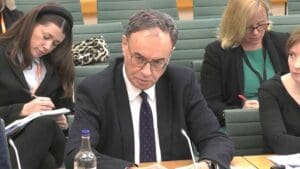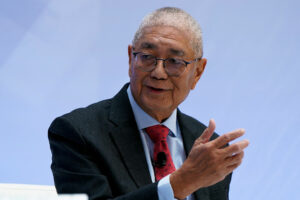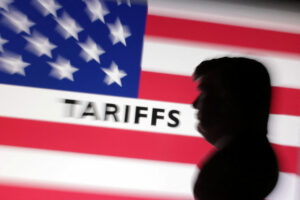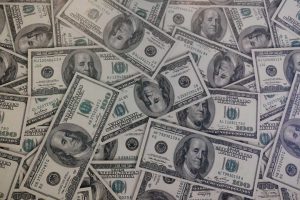By Aubrey Rose A. Inosante, Reporter
THE PHILIPPINES’ dollar reserves inched up to $105.32 billion as of end-June on the back of the National Government’s foreign currency deposits and the central bank’s investment earnings.
Preliminary data from the Bangko Sentral ng Pilipinas (BSP) released late on Monday showed that the end-June gross international reserves (GIR) edged up by 0.14% from the $105.18 billion recorded as of May.
This marked the first month-on-month increase since February.
The central bank said the rise was “mainly due to foreign currency deposits by the National Government with the Bangko Sentral ng Pilipinas and income from BSP investments.”
Year on year, dollar reserves also inched up by 0.13% from $105.19 billion.
International reserves are foreign assets of the BSP held mostly as investments in foreign-issued securities, monetary gold, and foreign exchange. These are supplemented by claims to the International Monetary Fund (IMF) in the form of reserve position in the fund and special drawing rights (SDRs).
Ample reserves help protect the country from market volatility and external shocks and ensure that it is capable of financing its imports and paying its debt obligations, as well as stabilizing the currency, in the event of an economic downturn.
The BSP said the end-June GIR level covers about 3.3 times the country’s short-term external debt based on residual maturity.
It is also equivalent to 7.2 months’ worth of imports of goods and payments of services and primary income, providing a “robust” liquidity buffer.
Broken down, the BSP’s foreign exchange holdings surged by 73.89% to $1.24 billion at end-June from $712.2 million as of May. Year on year, it climbed by 54.36% from $802.2 million.
Meanwhile, foreign investments slipped by 0.55% to $85.66 billion as of June from $86.13 billion the month prior. It likewise went down by 4.81% from $89.99 billion in the same period last year.
The value of the central bank’s gold holdings inched up by 0.56% to $13.8 billion at end-June from $13.73 billion as of May. Year on year, it climbed by 39.3% from $9.91 billion.
The country’s reserve position in the IMF rose by 2.32% to $732.4 million in the period from $715.8 million a month earlier but was down by 1.08% from $740.4 million a year ago.
SDRs — or the amount which the Philippines can tap from the IMF’s reserve currency basket — was unchanged month on month at $3.89 billion at end-June. Year on year, it went up by 3.85% from $3.75 billion.
Meanwhile, net international reserves increased by 0.29% to $105.3 billion at end-June from $105 billion as of end-May. Net international reserves refer to the difference between the GIR and reserve liabilities, including short-term foreign debt, and credit and loans from the IMF.
“The strong demand for government securities was one of the factors for the strong inflow of dollars,” said Reinielle Matt M. Erece, an economist at Oikonomia Advisory and Research, Inc.
“Apart from relatively stable macroeconomic conditions, the reaffirmation of the country’s credit rating by major credit rating agencies also helped in making the country an attractive destination especially for foreign funds.”
Rizal Commercial Banking Corp. Chief Economist Michael L. Ricafort said the country’s dollar reserves rose at end-June after declining for three consecutive months, reflecting improved sentiment amid the volatility caused by the Trump administration’s protectionist policies and geopolitical concerns.
He added that the increase was also driven by elevated world gold prices, which drove up the value of the BSP’s holdings of the precious metal.
“World gold prices hovered near record highs recently after some demand for safe havens due to geopolitical risks during the month, particularly the Israel-Iran attacks,” Mr. Ricafort said.
The Philippines’ improved economic and credit fundamentals are expected to help further boost reserves moving forward, he added.
The BSP expects dollar reserves to reach $104 billion this year.


















